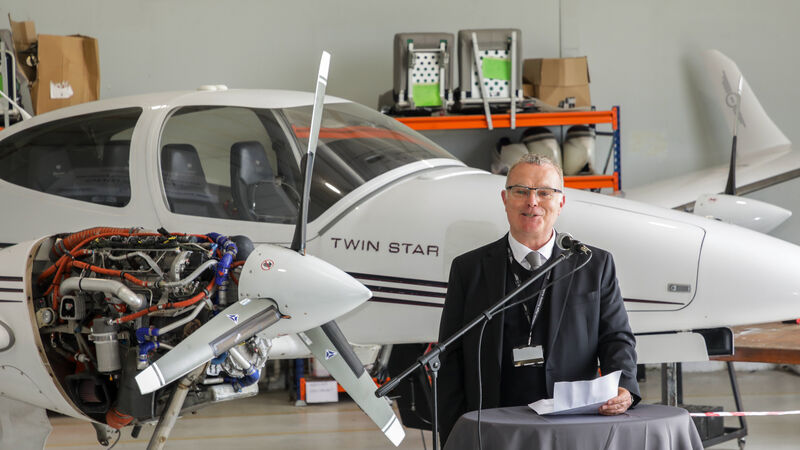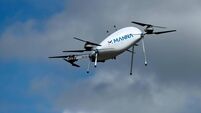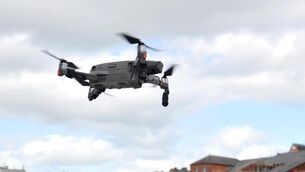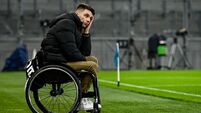AFTA delivers €35m annual economic benefit to Munster

AFTA CEO and founder, Capt Mark Casey speaking at the launch of the report. Picture: David Creedon
The Atlantic Flight Training Academy (AFTA), which has trained 2,800 pilots, has a €35m annual economic impact on the regional economy.
A new economic and social impact report shows that Captain Mark Casey's firm has a direct impact of €22m and an indirect impact of €13m across Munster through salaries, aircraft maintenance, fuel supplies, spending by students and further wider impacts. AFTA will employ an additional 15 staff at its Cork and Waterford facilities, bringing its total headcount as an SME to 85.
A collection of the latest business articles and business analysis from Cork.














